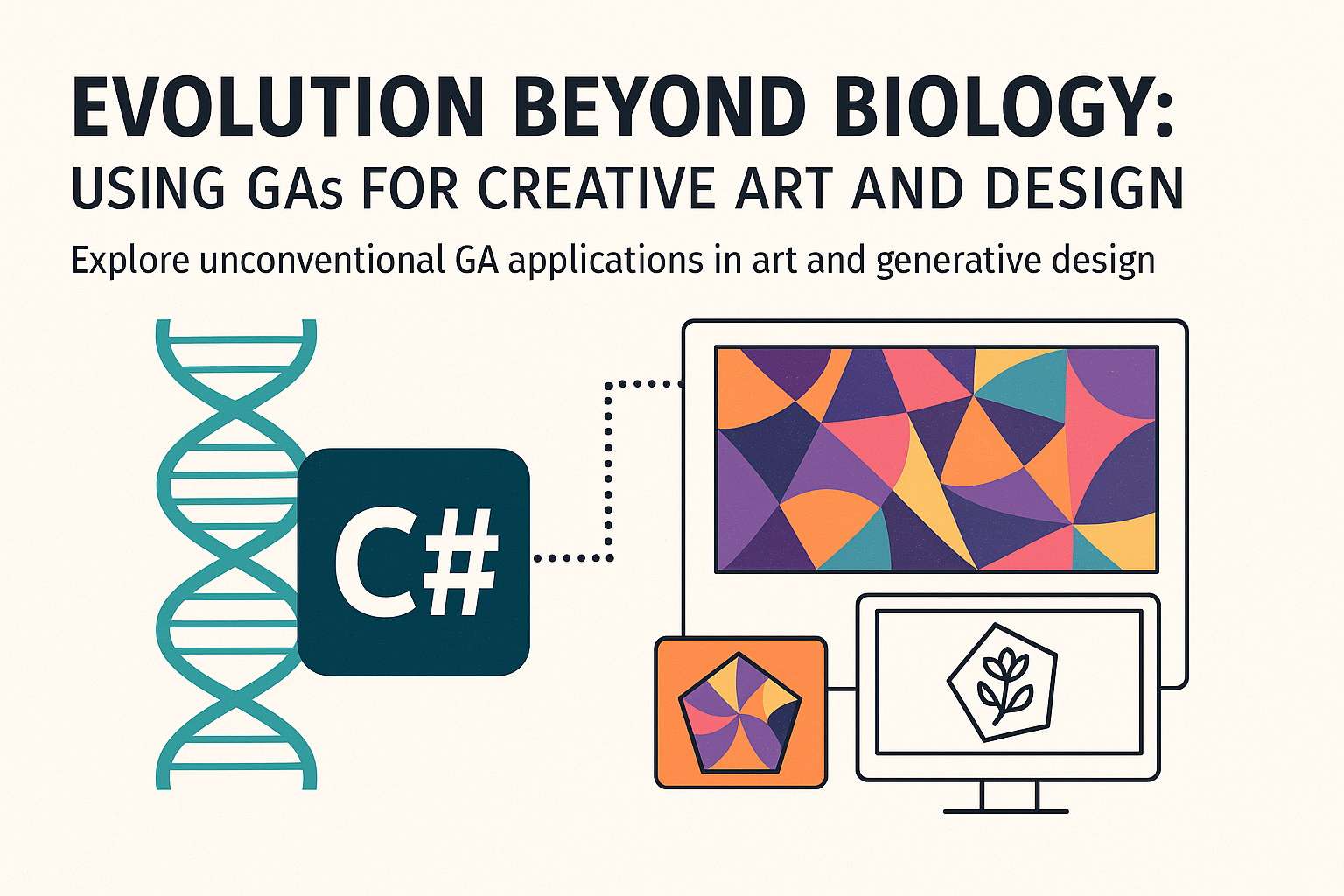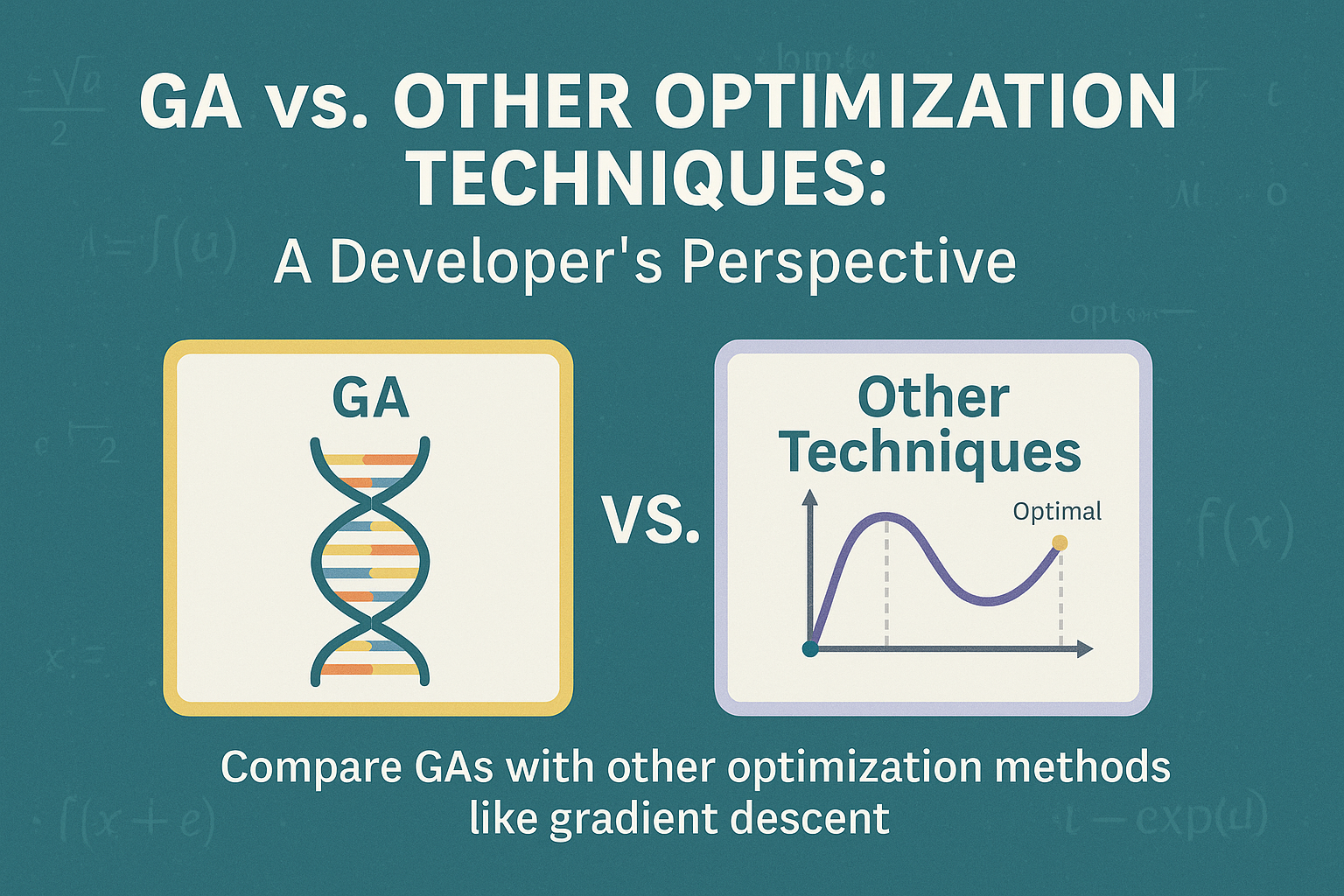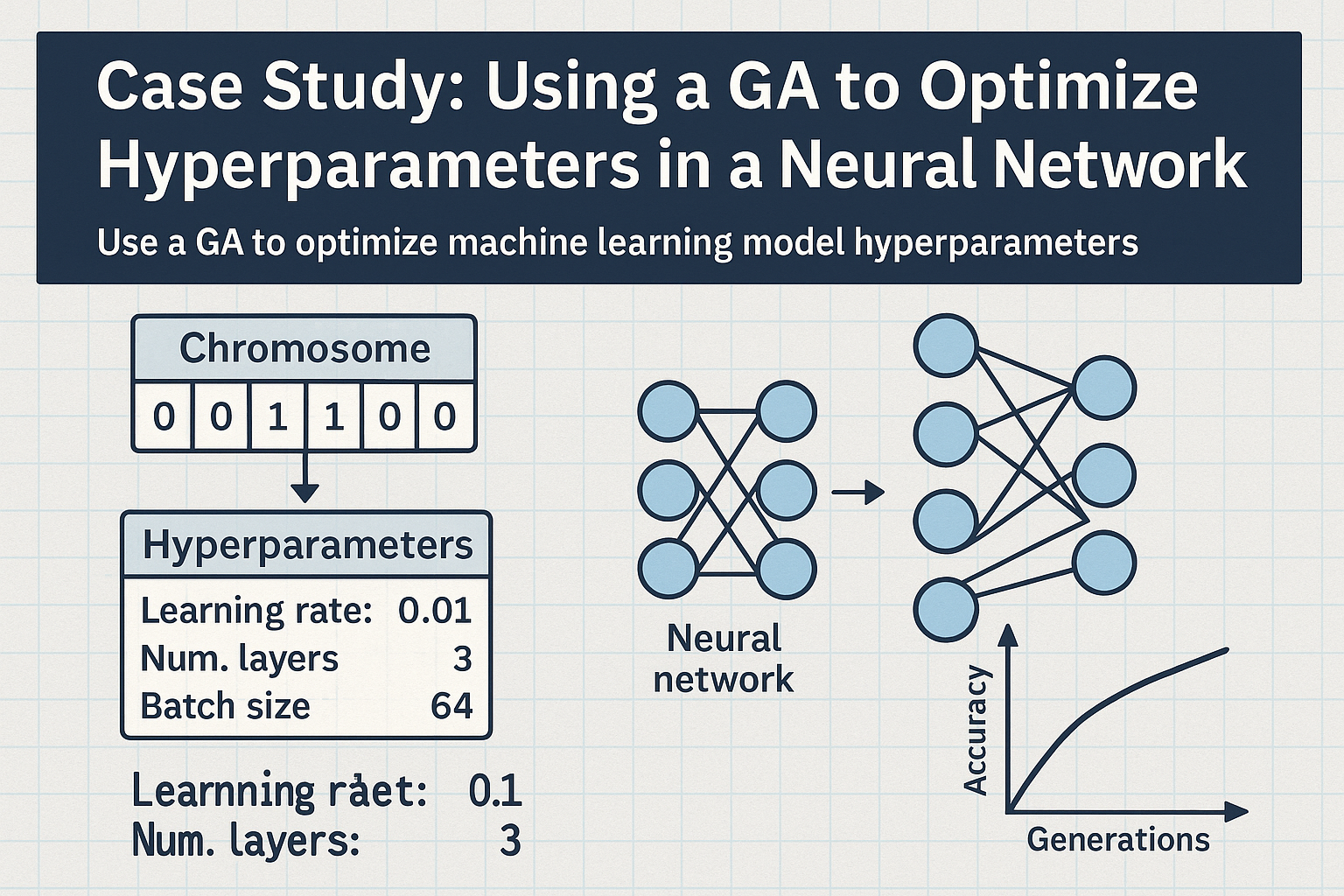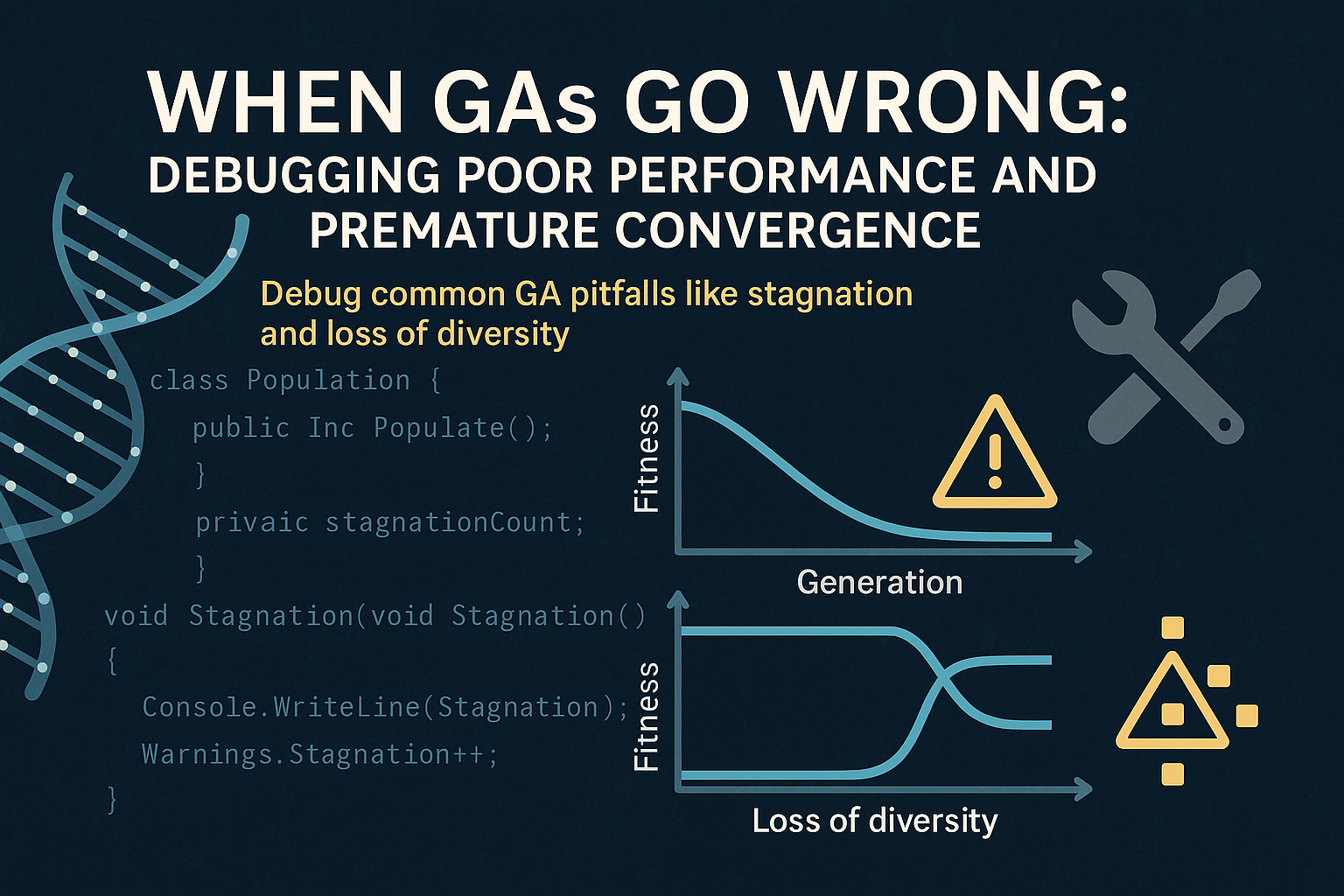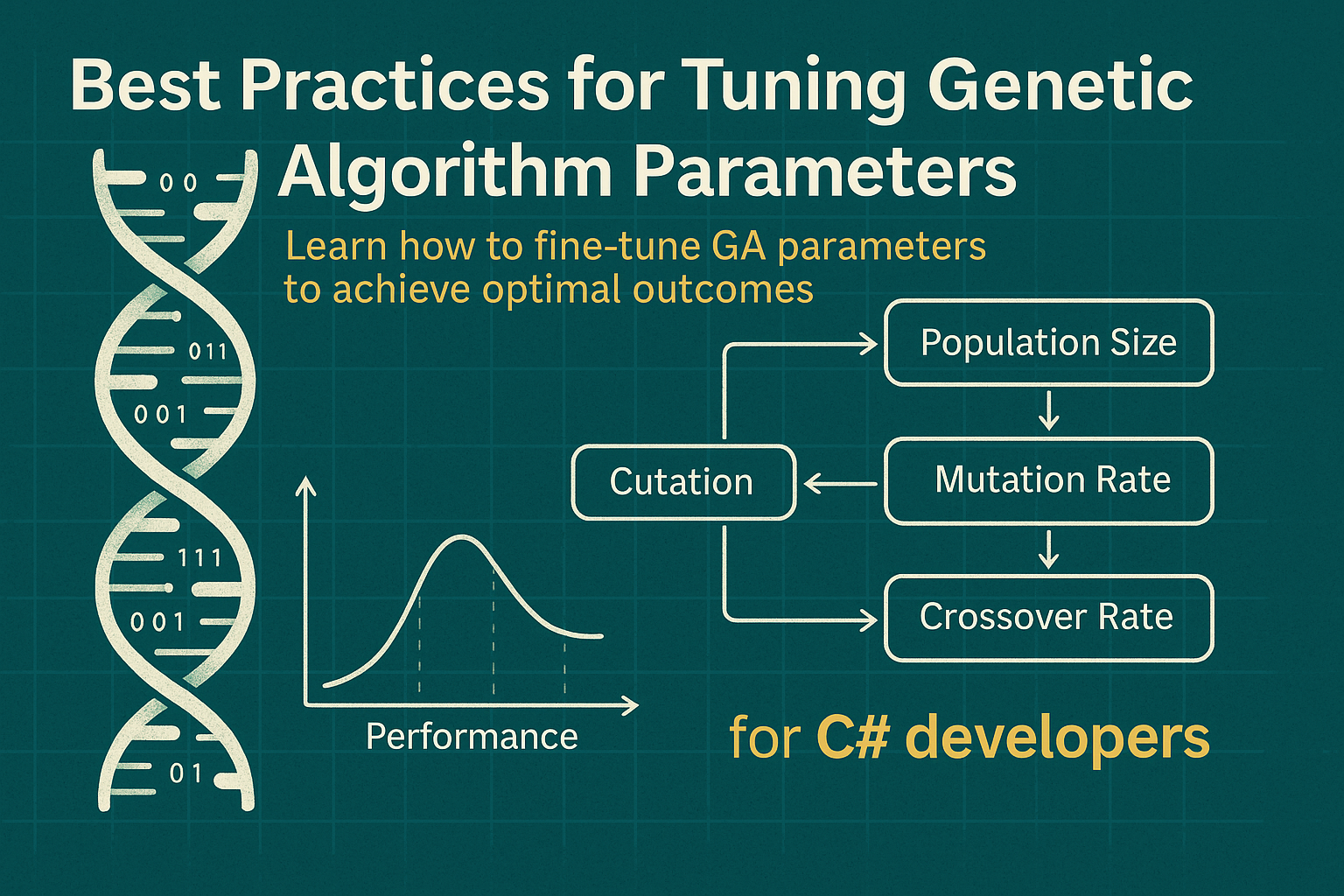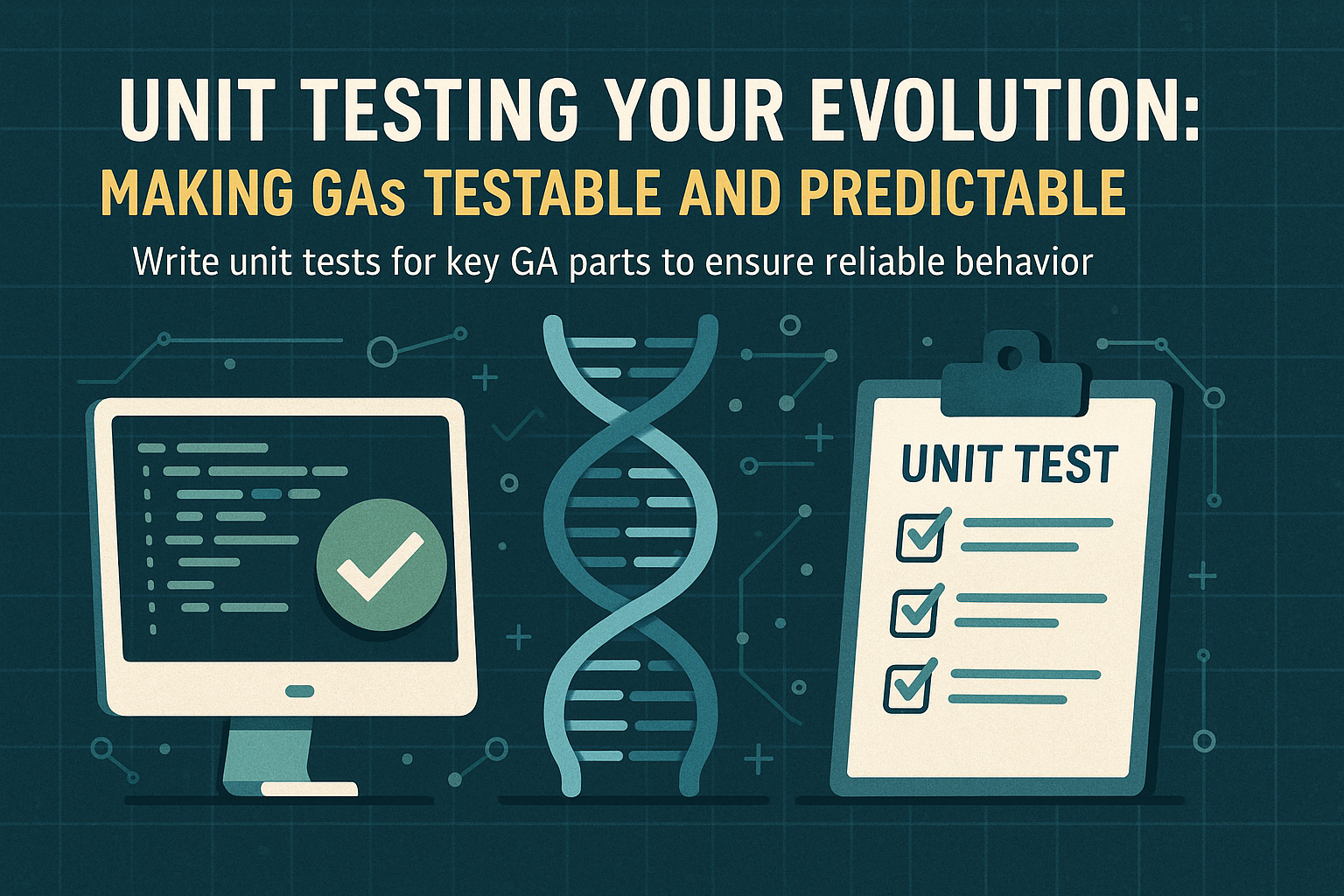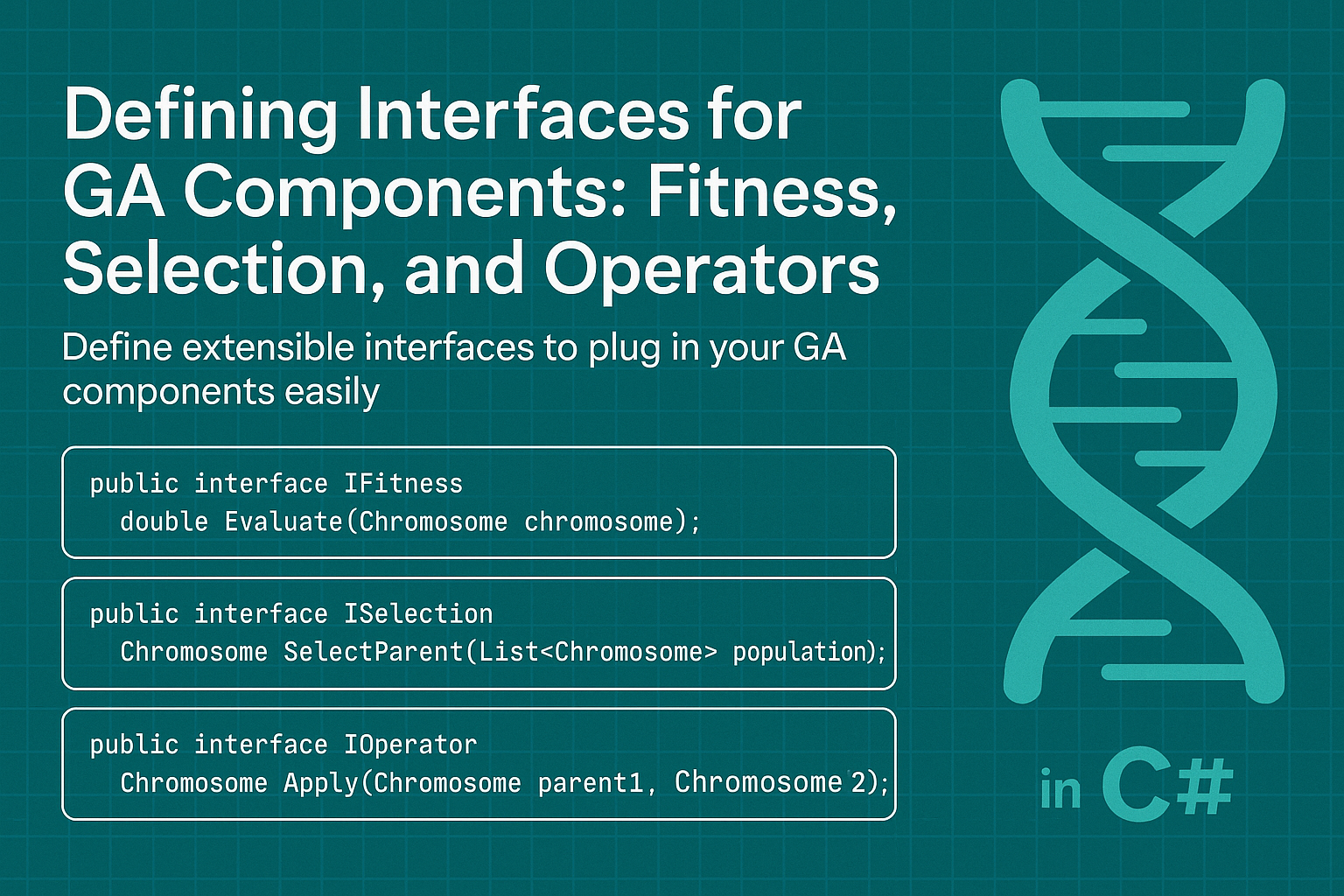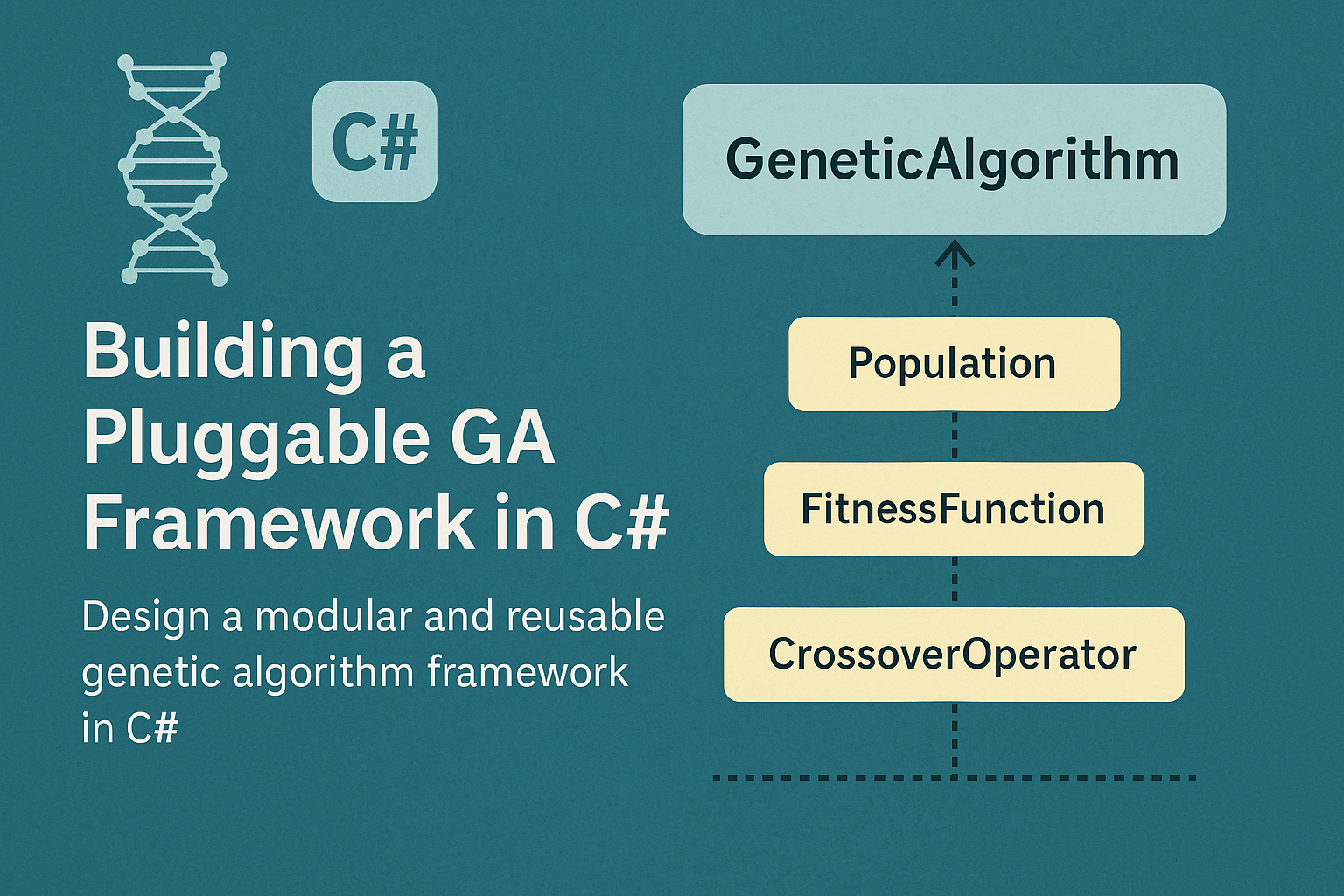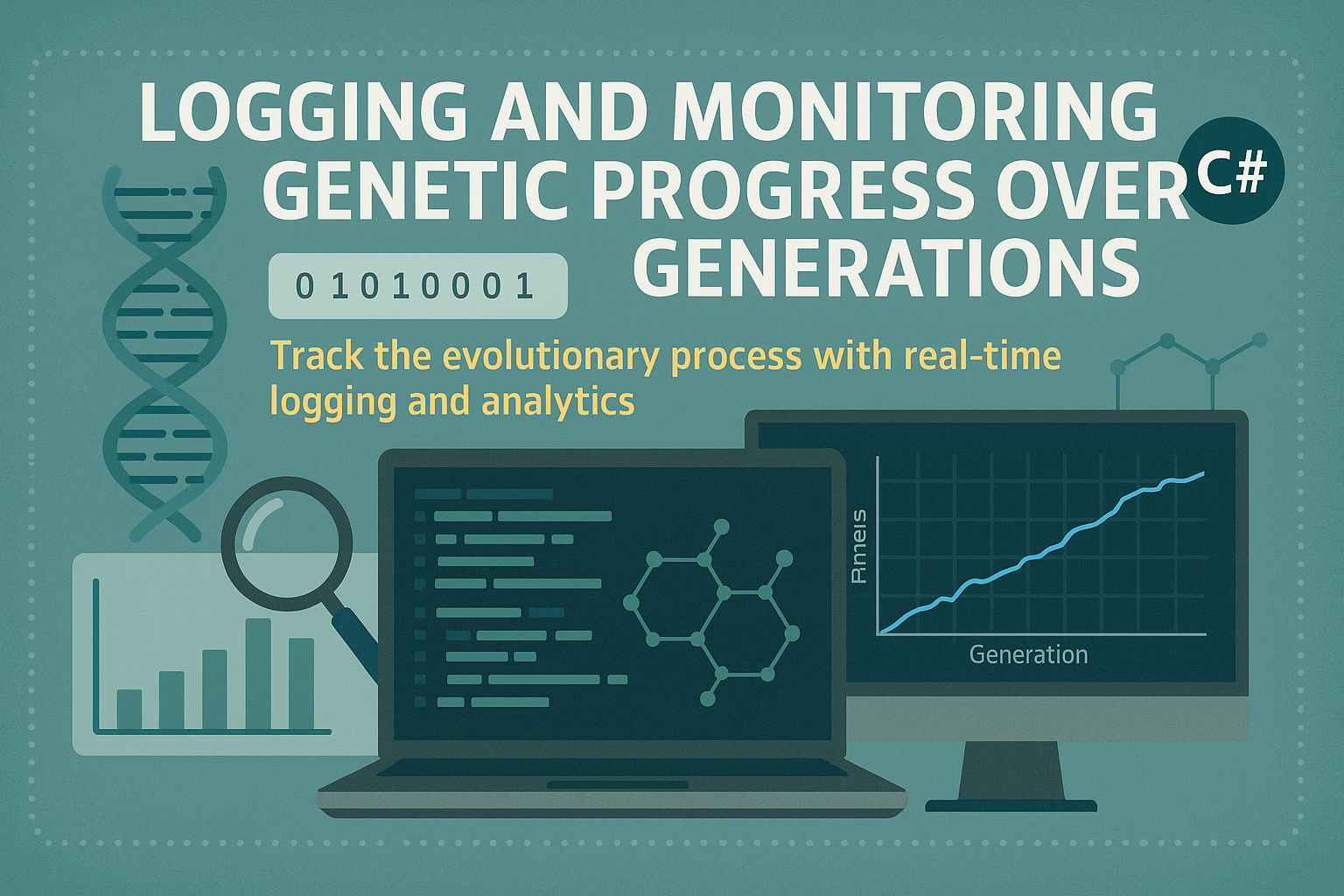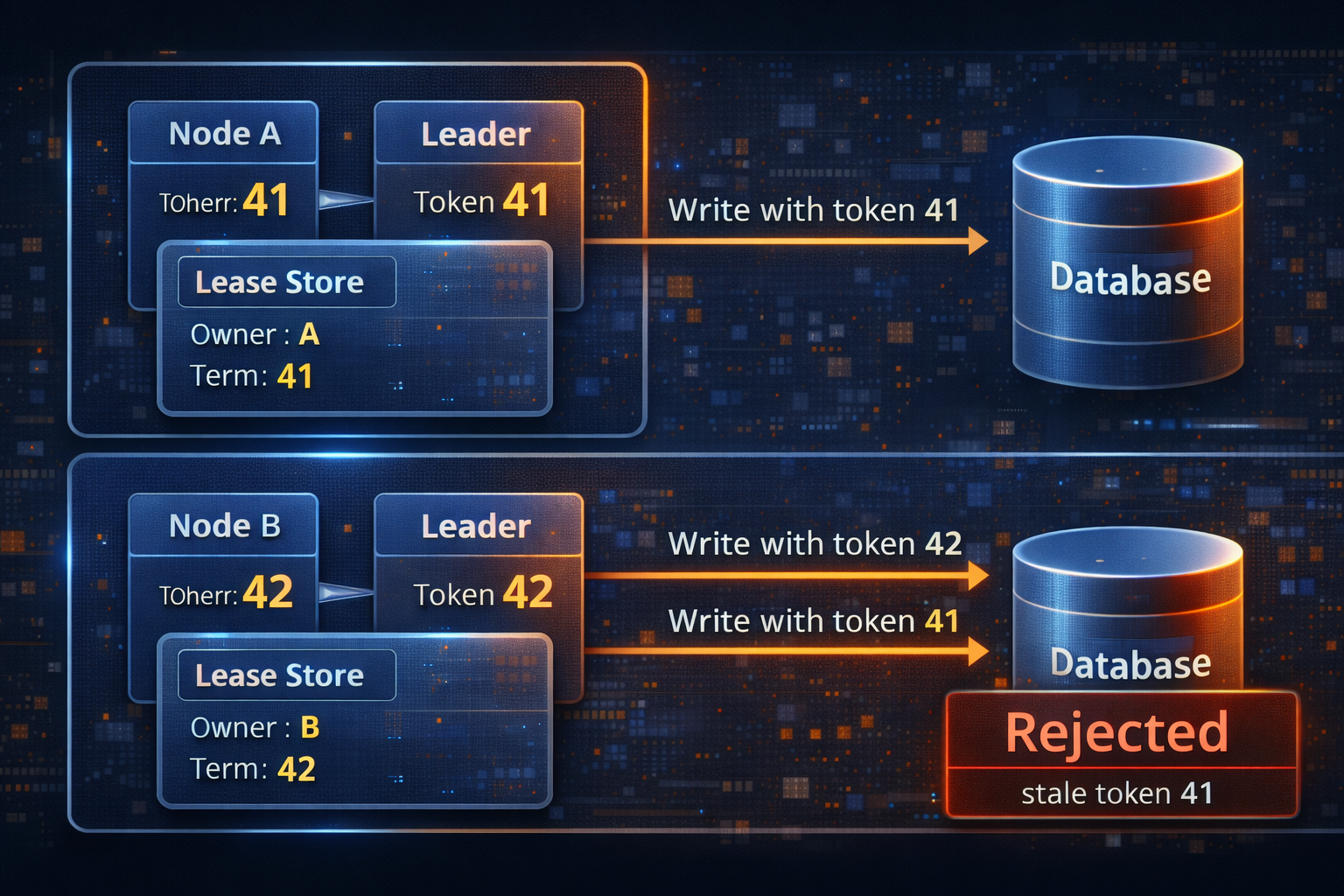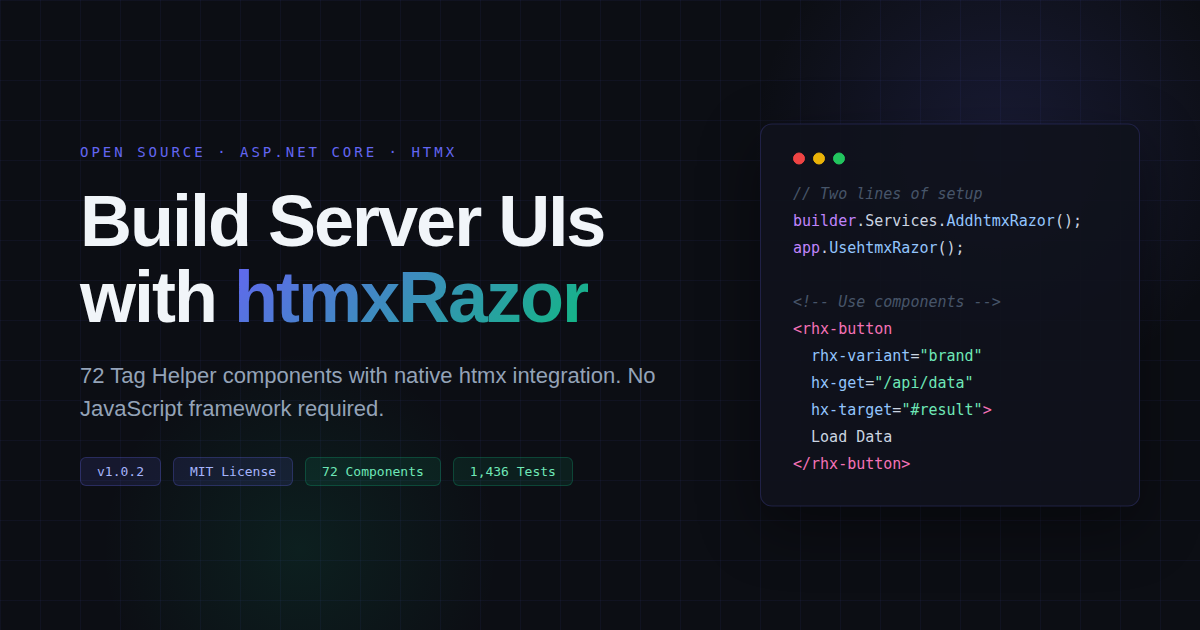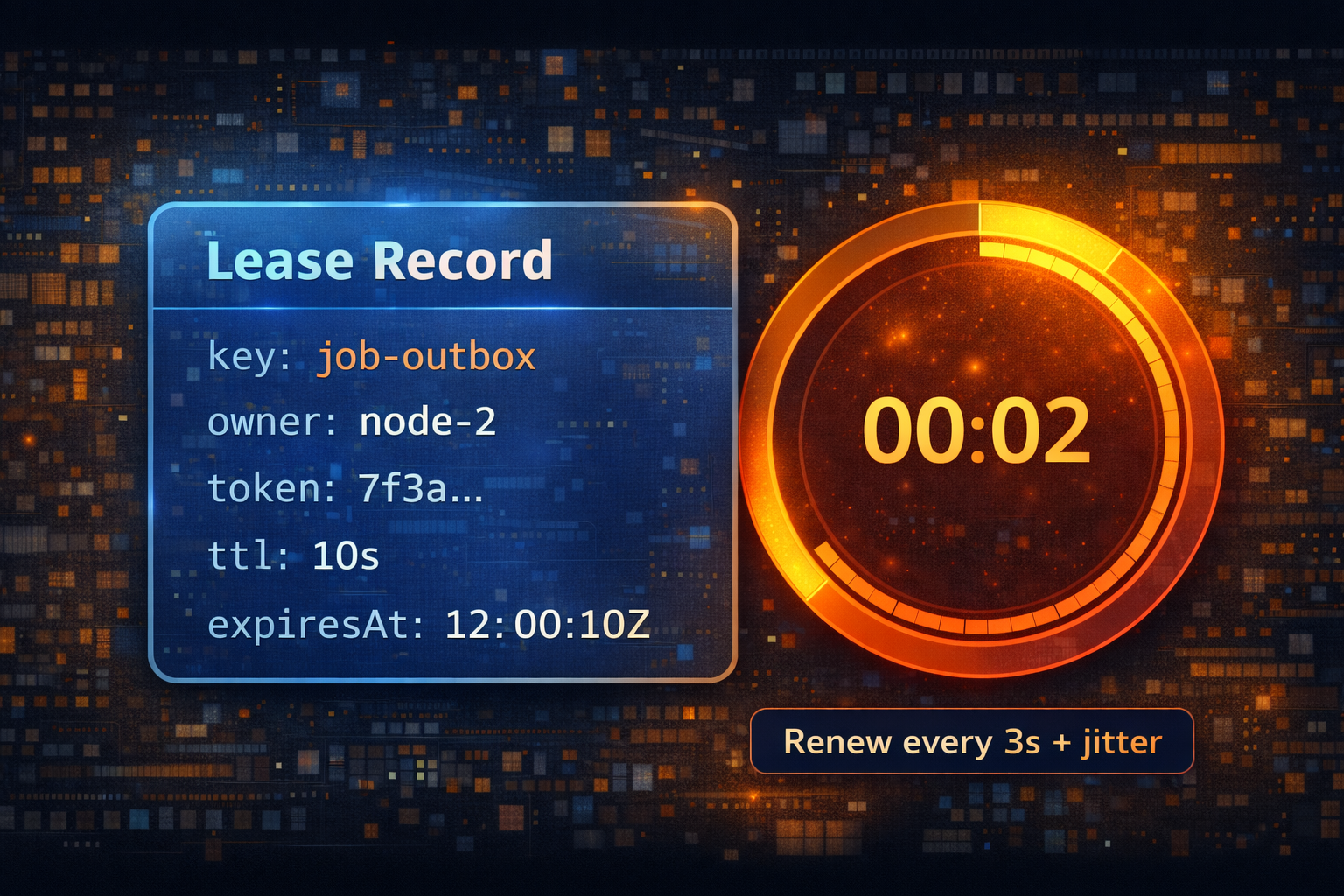Why Fractional Architecture is the Future of Technology Strategy
If you’d like to chat about how I can help your organization as a Fractional Architect, I’d love to connect. You can reach me directly through my contact page here: https://woodruff.dev/contact/ Hook: The Myth of Big-Enterprise Architecture For years, software architecture has carried an aura of exclusivity, something reserved for Fortune 500 companies with expansive IT budgets and dedicated teams …
Continue Reading
Day 35: Evolution Beyond Biology: Using Genetic Algorithms for Creative Art and Design
Genetic Algorithms are often associated with engineering, scheduling, or optimization problems, but their potential extends into the domain of art and design. When applied to visual composition, generative structures, or music synthesis, GAs can produce unexpected and compelling outcomes. These creative applications demonstrate that evolution-inspired algorithms are not limited to purely functional results. In this post, we explore how you …
Continue Reading
Day 34: Genetic Algorithms vs. Other Optimization Techniques: A Developer’s Perspective
Genetic Algorithms (GAs) are a powerful optimization strategy inspired by the principles of natural evolution. But they are far from the only technique in a developer’s toolbox. In this post, we will compare Genetic Algorithms with other widely-used optimization methods such as Gradient Descent, Simulated Annealing, and Particle Swarm Optimization. The goal is to understand when to use GAs and …
Continue Reading
Day 33: Case Study: Using a Genetic Algorithms to Optimize Hyperparameters in a Neural Network
Tuning hyperparameters for machine learning models like neural networks can be tedious and time-consuming. Traditional grid search or random search lacks efficiency in high-dimensional or non-linear search spaces. Genetic Algorithms (GAs) offer a compelling alternative by navigating the hyperparameter space with adaptive and evolutionary pressure. In this post, we’ll walk through using a Genetic Algorithm in C# to optimize neural …
Continue Reading
Day 32: When Genetic Algorithms Go Wrong: Debugging Poor Performance and Premature Convergence
Even well-written Genetic Algorithms can fail. You might see little improvement over generations, results clustering around poor solutions, or a complete stall in progress. These symptoms often point to premature convergence, loss of genetic diversity, or flaws in selection and fitness evaluation. Debugging GAs requires tools, insight, and techniques for diagnosis and correction. Understanding Premature Convergence Premature convergence occurs when …
Continue Reading
Day 31: Best Practices for Tuning Genetic Algorithm Parameters
Genetic Algorithms (GAs) are flexible and powerful tools for solving optimization problems. However, their effectiveness relies heavily on the correct tuning of parameters. Population size, mutation rate, crossover rate, selection pressure, and generation limits all affect convergence, solution quality, and performance. In today’s post, we will explore best practices for tuning these parameters to get the most out of your …
Continue Reading
Day 30: Unit Testing Your Evolution: Making Genetic Algorithms Testable and Predictable
Genetic Algorithms are inherently stochastic. Mutation introduces randomness. Crossover combines genes in unpredictable ways. Selection strategies often rely on probabilities. While this is essential to their power, it presents a challenge when it comes to unit testing. How can you reliably test behavior when the outcome changes on every run? The answer lies in isolating deterministic logic and controlling randomness …
Continue Reading
Day 29: Defining Interfaces for Genetic Algorithms Components: Fitness, Selection, and Operators
To build flexible and maintainable genetic algorithm solutions in C#, a modular architecture is critical. Yesterday, we focused on designing a pluggable GA framework. Today, we take a deeper dive into how to structure the interfaces that allow different GA strategies to be easily swapped, tested, and reused. By defining clear contracts for fitness evaluation, selection, crossover, and mutation, your …
Continue Reading
Day 28: Building a Pluggable Genetic Algorithms Framework in C#
As you reach the final week of our Genetic Algorithms series, it is time to shift from experimentation to engineering. Instead of writing one-off implementations tailored to specific problems, the focus now turns to creating a flexible and pluggable genetic algorithm (GA) framework. This architecture allows developers to reuse core evolutionary components across different problem domains. In this post, we …
Continue Reading
Day 27: Logging and Monitoring Genetic Algorthms Progress Over Generations
As your genetic algorithms become more sophisticated, it’s no longer enough to simply observe the final output. Monitoring the evolutionary process in real time provides critical insight into convergence behavior, mutation impacts, and solution quality. Logging and monitoring allow you to diagnose performance bottlenecks, identify premature convergence, and validate the impact of parameter changes.
Continue Reading

